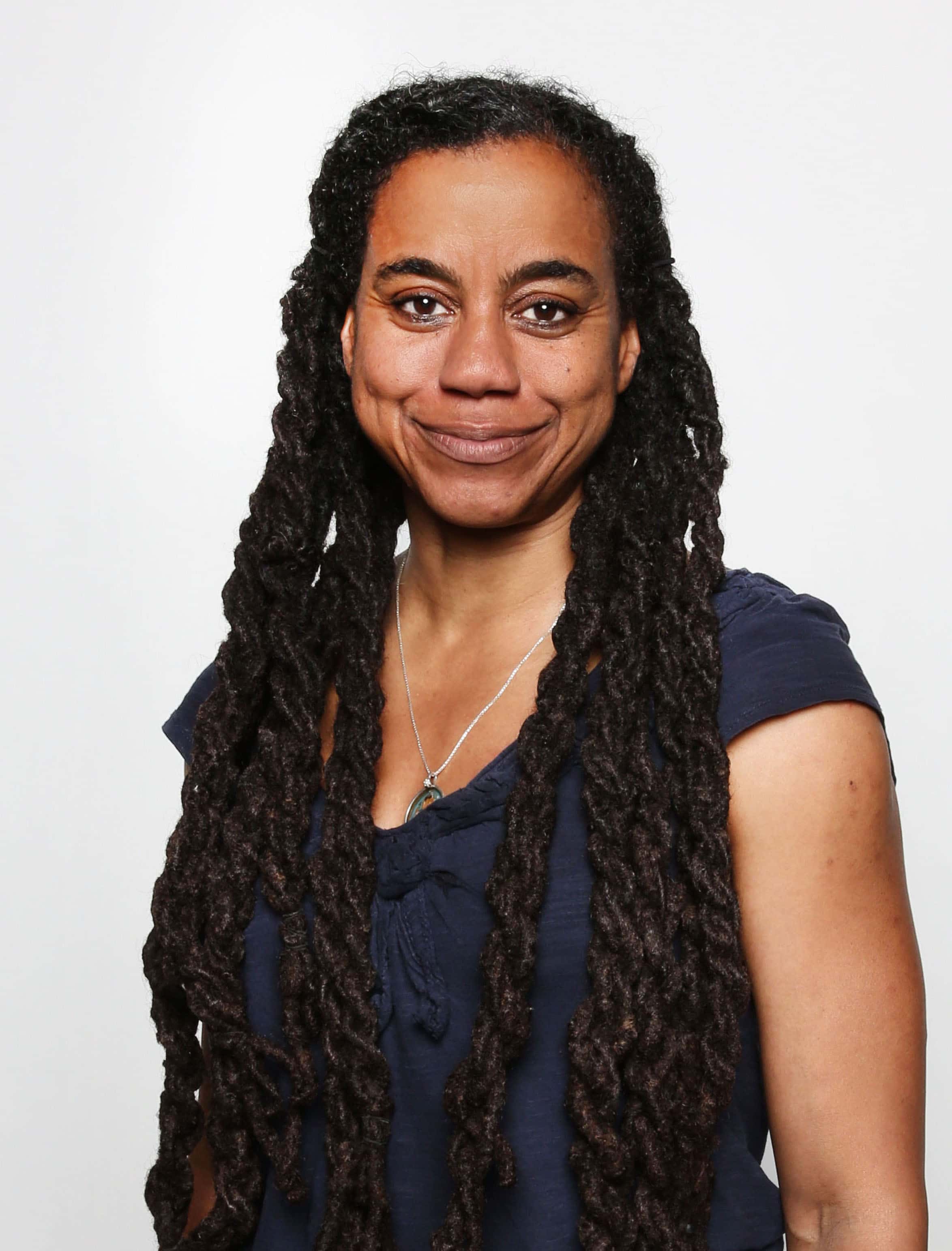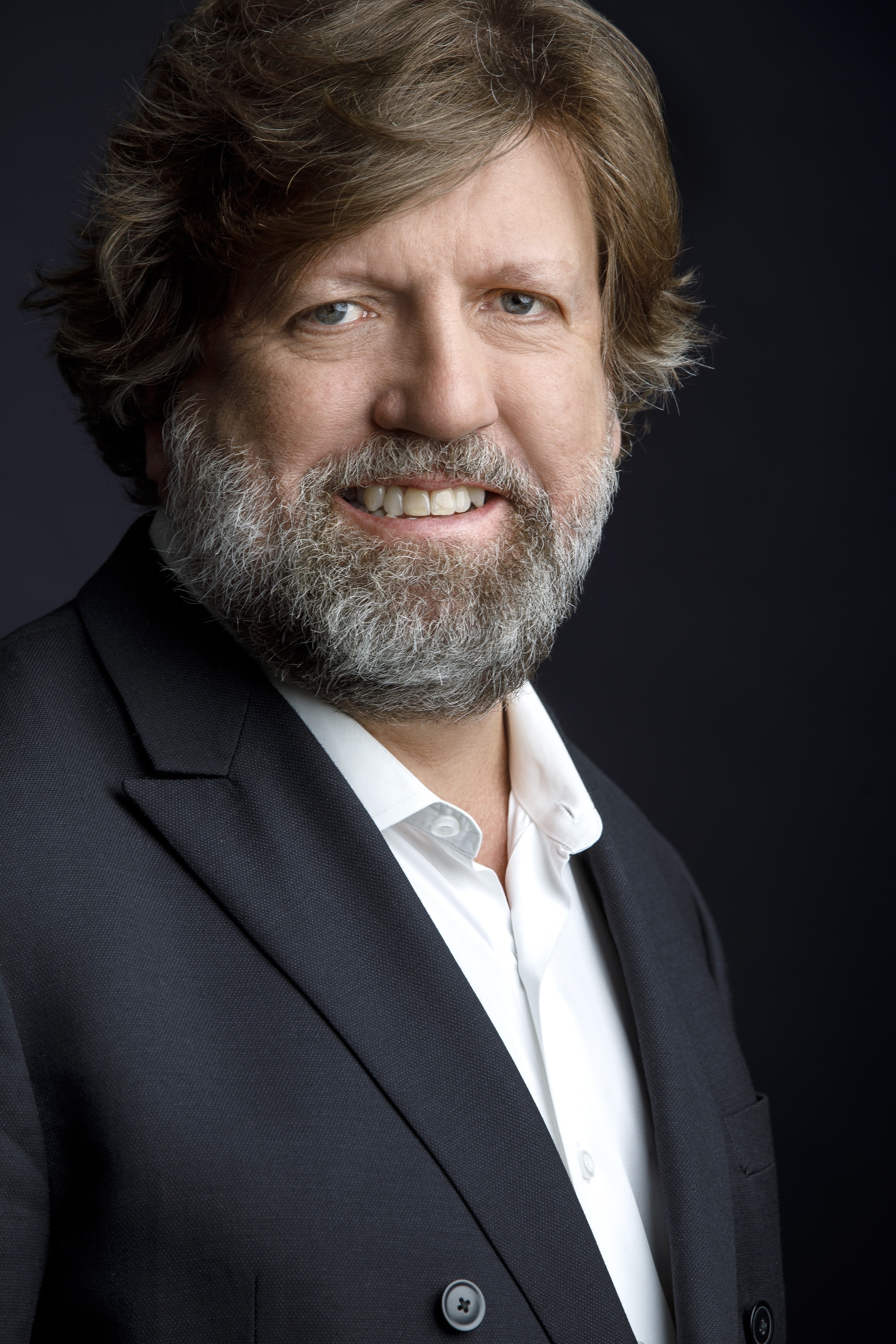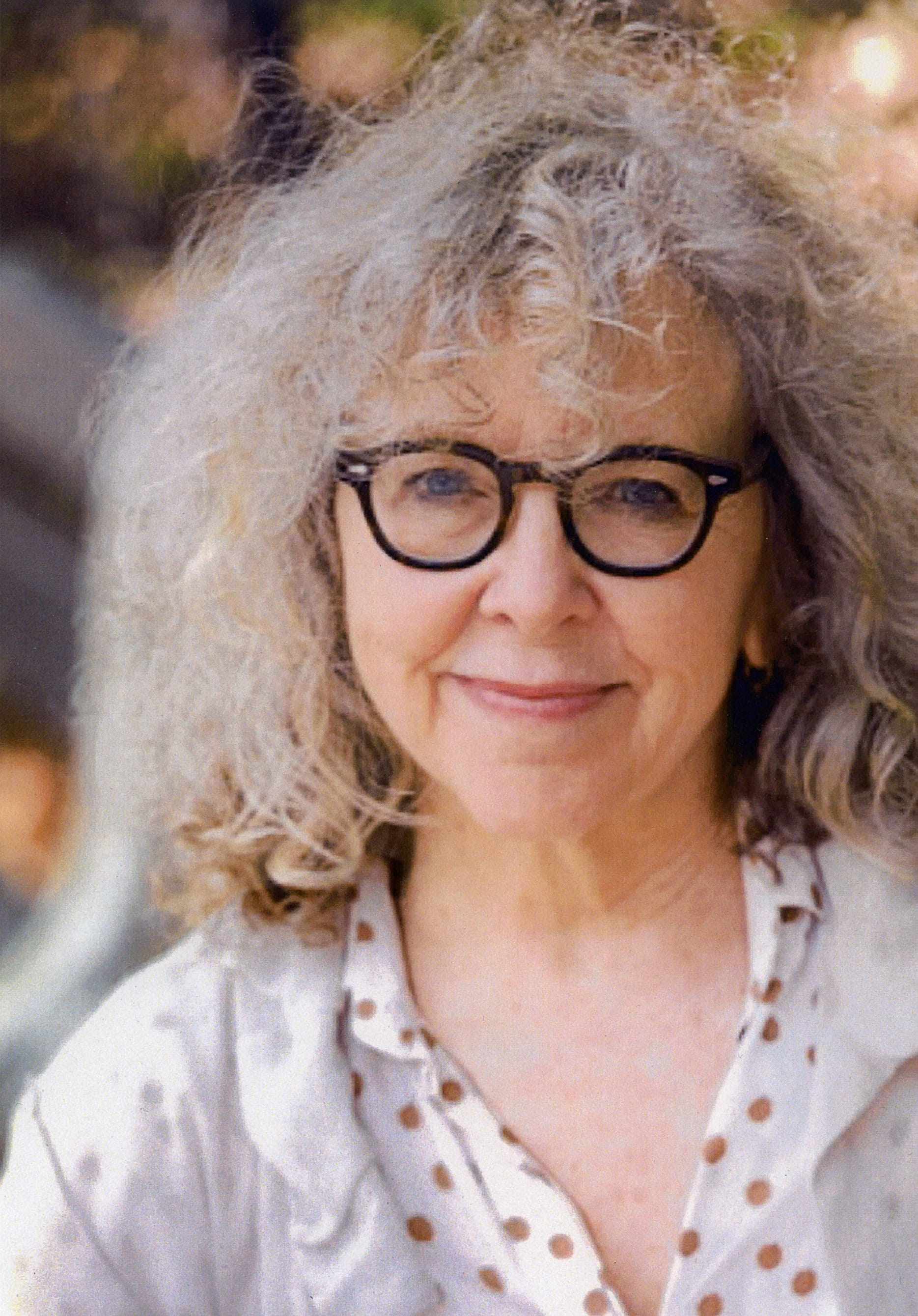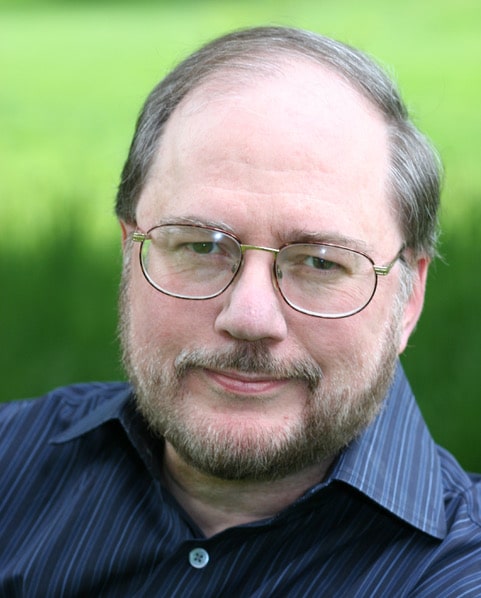Praise



Suzan-Lori Parks Photo: Tammy Shell


From Free for All: Joe Papp, The Public, and the Greatest Theater Story Ever Told
by Kenneth Turan and Joseph Papp:
“Working with that woman was for me one of the most moving, creative, fertile, challenging, positive experiences of my entire life. . . . I don’t know that I will ever be able to really put it in any kind of words, but we had something really special.
“A good editor doesn’t tell you what to do; he or she has the ability to bring out of you, pull out of you, your very best. And Gail never, ever told me what to do, but somehow in our interactions in our meetings, she made me so aware of yet further possibilities in the script that I couldn’t wait to get home to dramatize them. At the end of a meeting, she would say goodbye to me, not expecting to see me for a month, and I would literally be back there in a week or ten days with the new stuff. She had known all along that she wanted to do the play; it was just a question of how hard I was willing to work. It was an awesome experience.”

Larry Kramer
—Larry Kramer, playwright, The Normal Heart. Tony Award Best Revival 2011.

Rupert Holmes Photo: Susan Woog Wagner